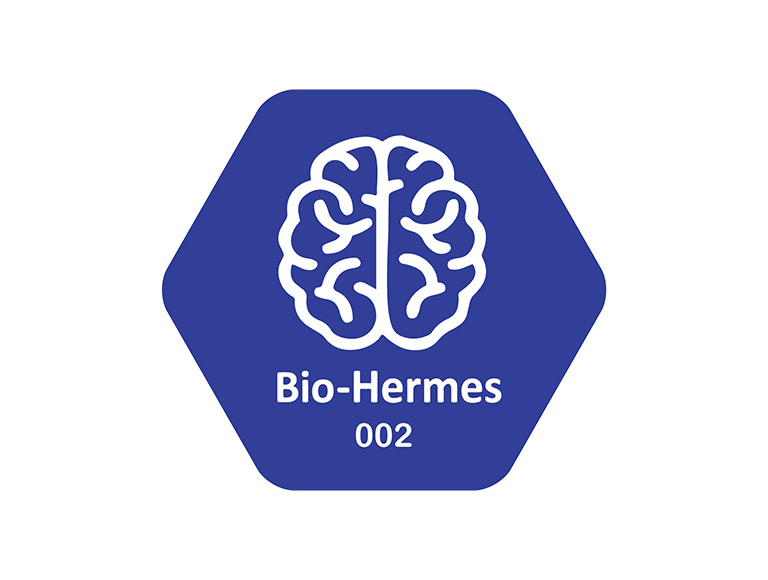Posted on October 2, 2025 • by Julia Ferrar
Most biomarker tests, such as PET scans and spinal taps, are expensive or invasive and can pose risks for patients.
That’s why a company in the Tampa Bay area is helping to research blood tests for biomarkers as a less expensive and more accessible alternative.
Axiom Brain Health has is working with people who have cognitive impairments, many of whom are diagnosed with Alzheimer’s disease.
The study, titled Bio-Hermes, consists of trials that were conducted across the globe.
Dr. Susan Steen, a neurologist, medical director, and the principal investigator for Axiom and the trials they’ve conducted, says the work they’re doing gives them a better picture of the disease.
“There are trials to help us understand how to diagnose Alzheimer’s disease more effectively and particularly, more easily than we do now,” said Steen.
“And we’re able, by looking at things called biomarkers, to establish a diagnosis of Alzheimer’s disease when people have very mild symptoms and even maybe no symptoms; by looking at certain proteins in the brain, particularly proteins called amyloid and Tau, T-A-U.
Safety and efficacy are priorities for Steen and her team, so their process involves following participants very closely, usually for a long period of time.
The data from the first study, Bio-Hermes-001, is already published and helped a specific blood test get FDA approval for the diagnosis of Alzheimer’s.
Steen also says that Tampa has played an integral role in the research process.
“Tampa is a hub. We, through Axiom, do outreach programs to educate people about biomarkers. And we have a memory clinic here at Axiom Brain Health where people can come and get free memory screens and learn about biomarkers and other aspects of diagnosis and treatment.”
While the Bio-Hermes-002 trials are being filled, Steen and her team at Axiom are still recruiting volunteers for their other trials. These aim to let people know if they are at risk of developing Alzheimer’s.
They are free of cost to all participants and do not require a physician referral.
Steen remarks that this disease is often stigmatized and is something people feel they have to hide.
“Alzheimer’s disease is a closet disease, and so people are ashamed, or don’t want to bring that to the attention of their doctor,” said Steen. “We want people just to be aware of taking care of their brain like they take care of everything else.”
https://www.wmnf.org/tampa-plays-role-in-study-detecting-early-alzheimers/
